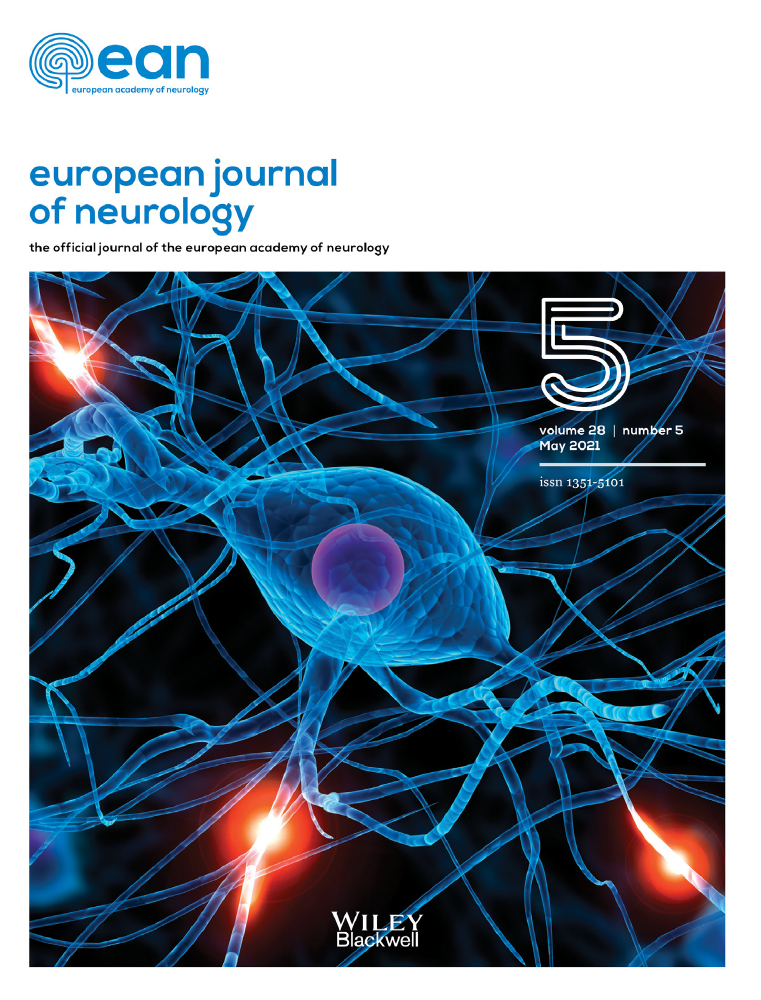Self-awareness in multiple sclerosis: Relationships with executive functions and affect
Abstract
Background and objectives
Deficits in self-awareness can be observed in persons with multiple sclerosis (pwMS). The present study aimed to investigate two types of self-awareness (intellectual and online) among pwMS, which will inform clinical care. Intellectual awareness refers to knowledge of one's own abilities; online awareness refers to real-time monitoring and regulation of one's performance.
Methods
The study sample consisted of 95 pwMS and 65 healthy controls (HCs). Intellectual awareness was defined as discrepancy between participant's and informant's reports of participant's functioning. Online awareness was operationalized by change in self-assessment of performance after engaging in a functional task.
Results
PwMS had significantly worse intellectual awareness than HCs regarding money management (confidence interval [CI] 0.44 to 1.99), task performance (CI −0.01 to 2.5), social interaction (CI 0.29 to 2.45), and problem solving (CI 0.87 to 2.8) abilities, but not sensory symptoms. Executive functioning was positively associated with intellectual awareness in HCs, while depressive and anxiety symptoms were negatively related to intellectual awareness in pwMS. In contrast, online awareness was not significantly different between groups; both groups were able accurately to assess their performance after engaging in a functional task.
Conclusions
Intellectual awareness, but not online awareness, is impaired in pwMS. Among pwMS, affective symptomatology may distort their perception of functional status. Persons with MS may benefit from actually performing a functional task during the assessment and treatment process, which may lead to a more accurate estimate of their own abilities.
CONFLICT OF INTEREST
None declared.




